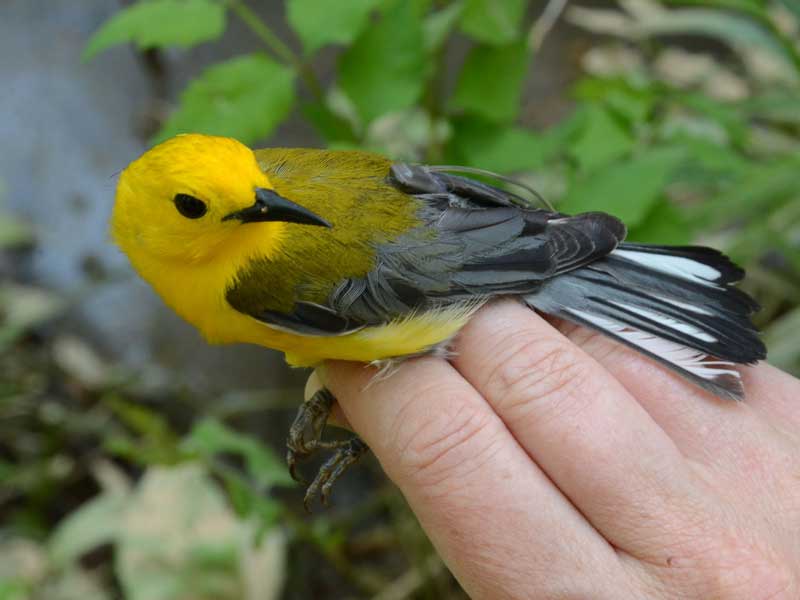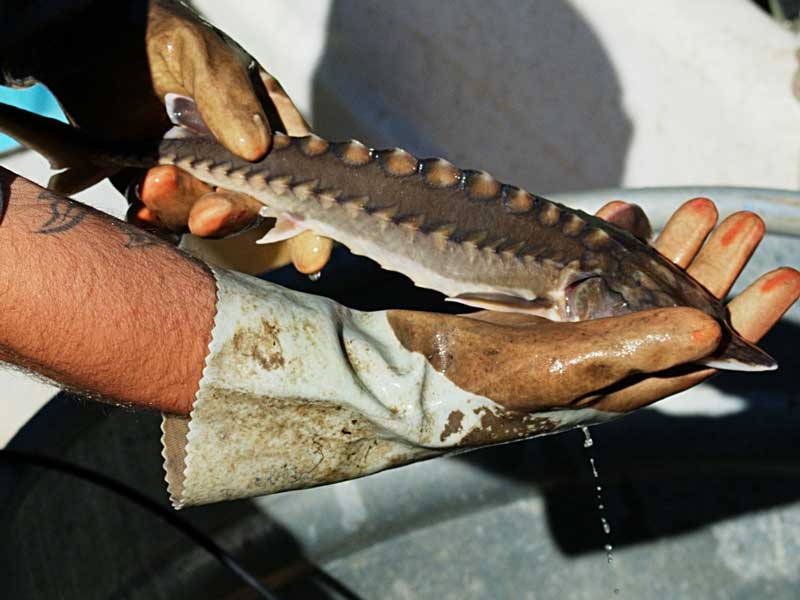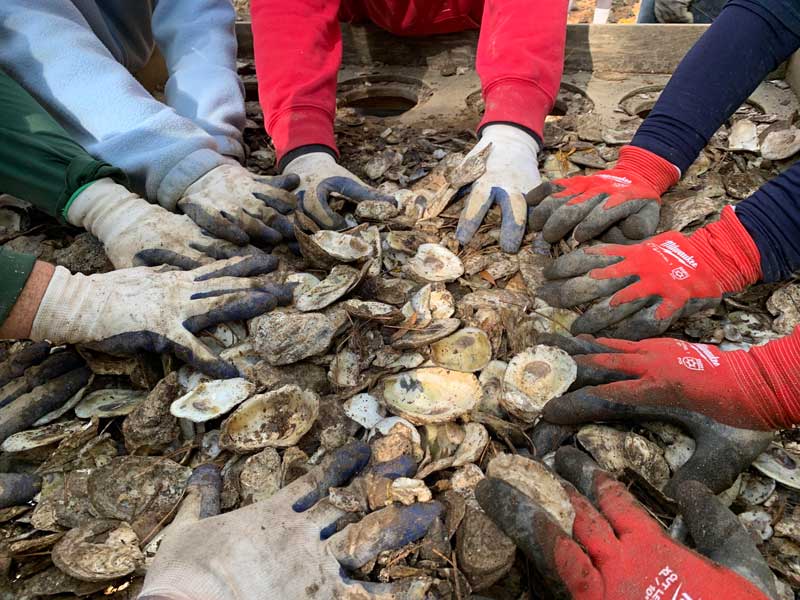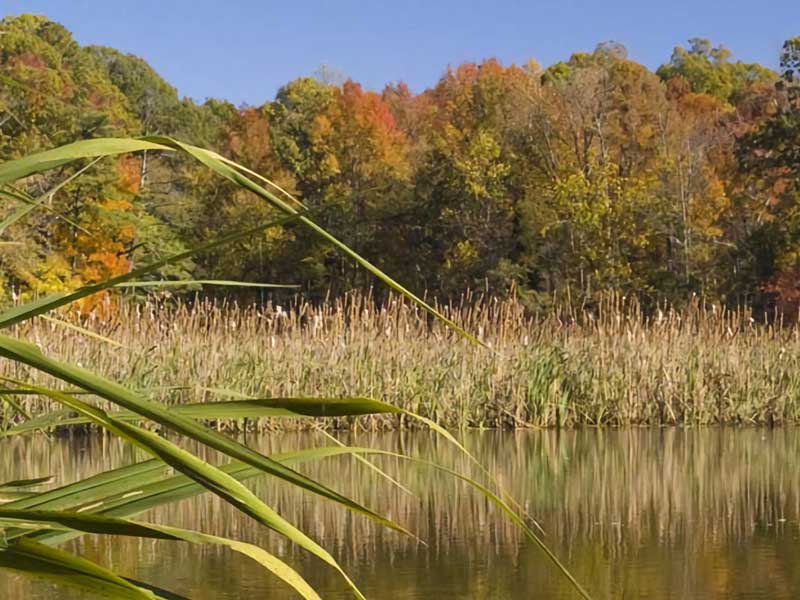Research and Restoration
The center plays a pivotal role in research and environmental restoration initiatives that benefit the commonwealth and beyond.
Whereas most biological field stations are located on pristine mountain tops, natural lakes and remote islands, far away from human-dominated landscapes, the Rice Rivers Center is part of a watershed dominated by intensively cultivated fields, major population centers and industrial facilities.
The tidal James River is an important navigation corridor for ocean-going vessels, supports a broad range of recreational pursuits and provides drinking water to dozens of municipalities along the way to Chesapeake Bay. As a consequence, the center is positioned uniquely to be an internationally-relevant research campus, focused on the ecology and management of large coastal rivers and the critical habitats/natural resources those rivers support.
Our affiliated faculty and their collaborators are nationally recognized for important scholarship on topics ranging from carbon dynamics and ecological restoration to the public health consequences of urban heat islands and climate disruption. We are also committed to training the next generation of environmental scientists by investing in student scholars.
More than 120 articles and book chapters have been published that consider Rice Rivers Center environs or make use of center facilities; these have garnered more than 2,000 citations in the peer-reviewed literature, demonstrating the wide-reaching impact of science done at the center.




